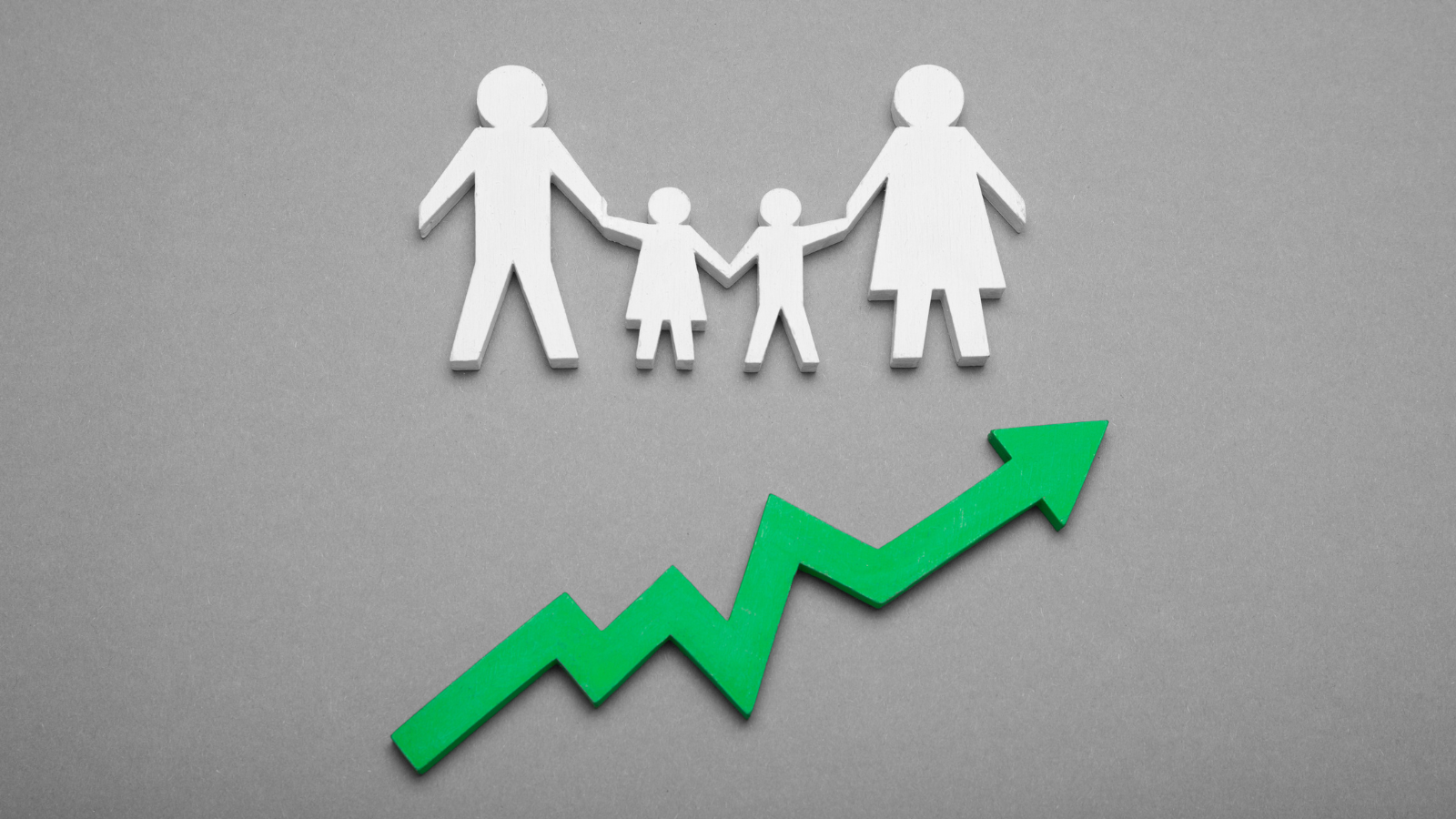Blogs

The world is facing increasingly severe challenges as a result of climate change. From devastating tropical cyclones in Africa torecord-breaking heatwaves in Europe, the effects are being felt everywhere and it has now being dubbed the ‘crisis of our time.’ This reality is pushing researchers and policymakers to find solutions that can help protect the future. At the heart of this crisis is human activity, which has sparked ongoing debate about the link between high population and climate change.
These debates have persisted for decades, but they present a mixed picture. Some researchers argue there is a clear link between large, populous countries and greenhouse gas emissions, suggesting that population growth directly contributes to environmental degradation. The reasoning is that more people drive greater demand for energy, food, and resources, thereby increasing emissions and accelerating the climate crisis.
However, this argument has its limitations. Other studies caution that such a relationship may be spurious or overly simplistic. Population growth alone does not account for the wide variation in emissions across countries and regions. Instead, it’s the patterns of development specifically how energy is produced, how resources are consumed, and who is consuming them that play a much greater role.
The recently released UN’s 2025 State of World Population (SWOP) report brings new insights on the nexus between population and climate change. According to the report, climate change is no longer just something people adapt to, it is becoming a reason why some are rethinking whether to have children at all. For many, especially young and climate-conscious individuals the future feels uncertain, even unsafe. In its 14-country survey, nearly one in five respondents said they were delaying or avoiding having children altogether due to fears about the future, including the climate crisis.
Climate change has long been known to influence demographic outcomes. Typically, this has focused on how it increases disease risks, causes injury and death from extreme weather, or disrupts food and water systems. But now it’s becoming clear that climate change is also affecting how people think about reproduction. Fertility behaviour is shifting in response to environmental uncertainty, and the question of whether prospective parents are factoring the state of the planet into their decisions is becoming more important than ever.
While most demographic models examine how fertility impacts environmental outcomes, newer studies are reframing the question: how is environmental instability shaping fertility choices? Research increasingly shows that climate-related anxiety and uncertainty are influencing childbearing intentions. People are no longer just asking whether they can afford to have children, they’re asking whether the planet can. Concerns about food security, water scarcity, and uninhabitable environments have made decisions about parenthood more complex and emotionally charged.
There is also growing evidence from African contexts that changes in rainfall patterns and temperature variability especially extreme droughts or erratic rainfall can significantly affect fertility preferences. In fact, one study in 18 African countries found that women exposed to abnormal environmental conditions were less likely to desire children, highlighting how experiences or perceptions of instability are feeding into family planning decisions. Climate change not only threatens physical well-being but also weighs heavily on mental outlooks—shaping the way individuals imagine the future and their place within it. In some regions, this may lead to a desire for fewer children due to economic stress and food insecurity; in others, the opposite may occur as families seek to ensure labour or compensate for high child mortality. These patterns show that climate change does not have a uniform impact on fertility—it varies by context, underscoring the complexity of the issue.
Importantly, it’s not just the lived experiences of environmental challenges, but people’s perceptions of climate change that shape their reproductive intentions. Anticipated risks—such as imagined future scarcity or insecurity—can be just as influential as actual experiences in driving fertility decisions. The climate crisis, then, is influencing not only our ecosystems but our deeply personal visions of family and the future.
For decades, the world has debated how population growth impacts the planet. But now, the planet’s fragility is influencing how people think about population. That irony should prompt us to rethink everything we thought we knew. And that begins by listening.

